Planning Pays Off: 5 Strategies to Get the Most Out of Your Delivery Speed Choice
June 23 , 2024
5 min read
Introduction
International courier services are pivotal in enabling the movement of packages, documents, and parcels across borders. These logistics experts prioritize quickness and safety to guarantee your items are delivered securely and on time to their global destinations.
However, the numerous charges linked to courier services can be overwhelming to many. This guide offers a blueprint for comprehending international courier charges, enabling you to make informed choices and prevent unexpected costs.
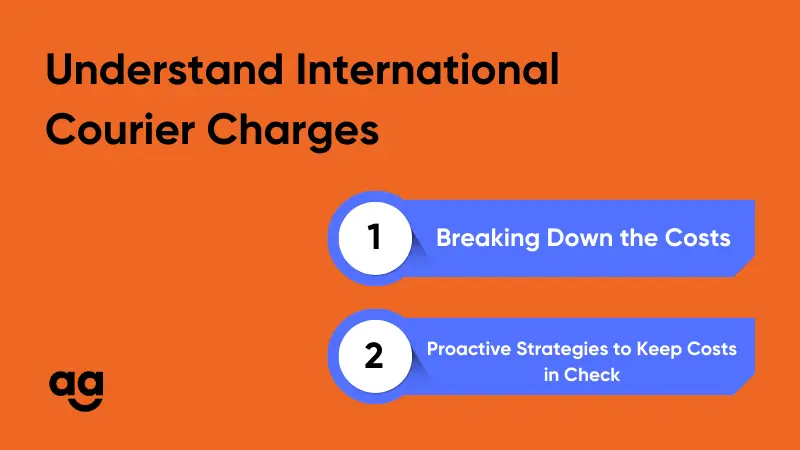
Breaking Down the Costs
The overall expense of shipping your package overseas is more than just one simple price tag. Multiple factors contribute significantly to the total cost, each crucial in determining the final payment.
Here is a detailed explanation of the main elements of international courier charges for your comprehension:
Base Rate
The base rate is the most prominent element of your international courier charges, forming the core of your charges. This fundamental travel fare for your parcel reflects the cost of transporting your package from origin to destination. It comprises factors like distance, weight, and dimensions.
However, the rate is indicative and varies from courier company to company. This is because base rates are based on their network reach, service offerings (speed, tracking, etc.), and overall pricing strategy. Hence, it is always wise to compare base rates across a few reputable couriers before committing.
Fuel Surcharges
The global energy market is dynamic, and fuel prices fluctuate accordingly. To maintain consistent service levels without being significantly impacted by these changes, couriers often implement fuel surcharges.
It is a variable fee that reflects the current market price of aviation fuel. While it might seem like an unwelcome cost addition, it ensures predictability amidst a volatile market. Most reputable couriers clearly outline their fuel surcharge calculation methods, allowing you to estimate this cost beforehand.
Taxes and Duties
Upon arrival in the destination country, your package must go through customs, which is the agency responsible for overseeing international trade. Here is where taxes and responsibilities are relevant.
These fees are essentially imposed by the government on imported goods. The rates and when they apply depend on the customs rules of the receiving country, the nature of the items being shipped, and their stated worth.
For instance, some countries might exempt gifts from import duties below a certain value threshold. Understanding these regulations beforehand can help you manage expectations and potentially adjust your declared value strategically (always adhering to legal limits, of course!).
Proactive Strategies: Keeping Costs in Check
Now that you are familiar with the primary components of international courier charges, here are some proactive steps to keep your shipping costs in check:
- Pack Smart: Every gram counts. Therefore, meticulously measure and weigh your package to ensure you are not paying for excess space. Consider using void-fill materials to optimize space efficiency within the box.
- Compare and Contrast: Do not settle for the first quote you receive. Get quotes from multiple reputable couriers to find the best combination of price, service level, and estimated delivery time, and then make an informed choice.
- Explore Options: Depending on your needs, slower but more economical shipping options might be suitable. Thus, evaluate if expedited delivery is necessary or if a standard service can suffice.
- Declare Strategically: While it is tempting to undervalue your package for lower duty charges, remember that customs authorities have the right to inspect and re-value items. Be honest and transparent in your declaration to avoid delays or penalties.
Conclusion
By grasping the details of international courier charges and applying these helpful suggestions, you can go from being a confused sender to a savvy and self-assured expert in logistics. This way, when you have to send a package abroad in the future, you will be prepared to manage the procedure effectively while being conscious of your finances.
Shipyaari facilitates easy and efficient worldwide shipping with a wide global network spanning over 190 countries, a range of dependable carriers including Aramex, FedEx, DHL, DTDC, and UPS at your disposal, and a simple process requiring little documentation. Try it for free today!
Frequently Asked Questions
Some of the packing rules that apply to products shipped overseas are:
- Secured Packaging: Use sturdy materials and sufficient padding, especially for sensitive items.
- Weight and Size: Ensure your package meets the size and weight criteria to avoid any complications.
Yes, there are some restrictions on items you can mail abroad. These include hazardous chemicals, perishable goods, weapons, living things, and anything that violates local laws. Therefore, always get a confirmation from the courier before sending anything.
Yes, specific permits are determined by regulations in both the origin and destination countries. Some items may need permits, so it is wise to research this in advance.
The duration can differ based on variables such as the chosen shipping method, customs processes, and potential disruptions. Plan appropriately since it may take a few days or up to a couple of weeks.
Suggested Reads
Hyperlocal Personalization: Tailoring Experiences for Local Customers
Introduction The eCommerce industry in India has witnessed a rapid growth of hyperlocal services in
Continue ReadingDec









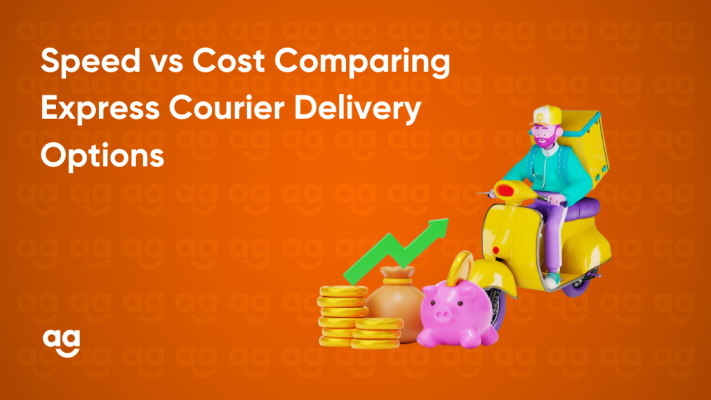

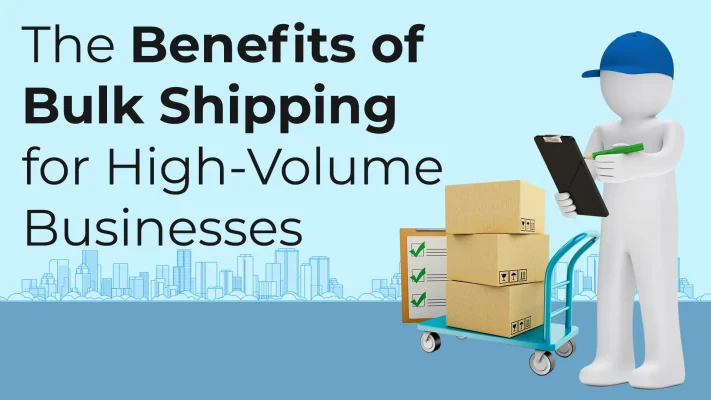
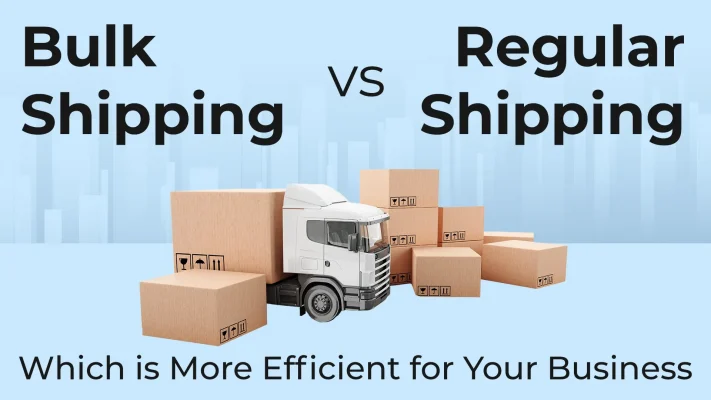


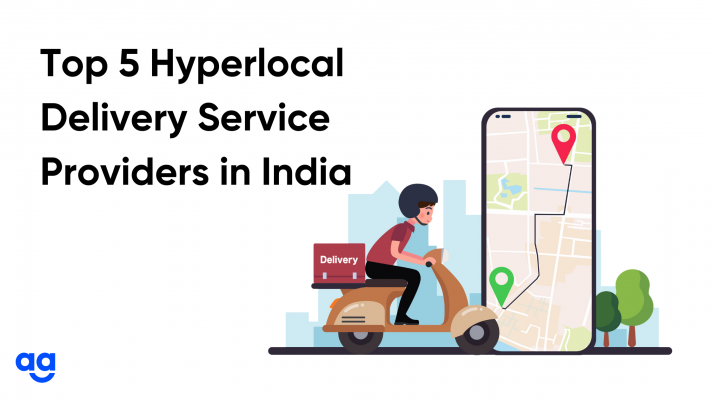


 Shipping
Shipping







